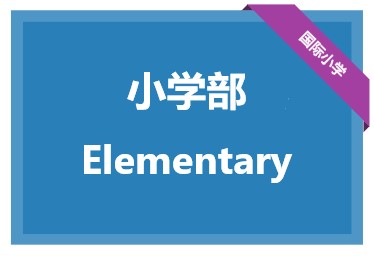KINDERGARTEN-5TH GRADE
In Kindergarten through 5th grade not only is academic development important, but also social/emotional, physical and intellectual development. To ensure growth in these, opportunities for learning are integrated within Science, Mathematics, Social Studies and Language instruction. The habits of mind that successful people call upon when encountering a new situation are also important to the development of each child. A variety of teaching and learning strategies are used depending upon the discipline, concept, and student.
The content standards start simply and become more complex as children develop through the grades. They are learned through projects, integration with other subjects, projects and through direct instruction depending upon the concept, the student and the situation.
MATH
As students advance through the grades and master the standards in math they are able to exhibit the following behaviors and knowledge:
MATHEMATICAL BEHAVIORS
- Problem Solving & Perseverance
- Abstract & Quantitative Reasoning
- Mathematical Modeling
- Attending to Precision
- Looking for and making sense of structure
- Looking for and expressing regularity in repeated reasoning
MATH CONCEPTS
- Counting & Cardinality
- Operations & Algebraic Thinking
- Numbers & Operations
- Measurement & Data
- Geometry
SCIENCE
Learning in science spirals throughout the grades with varying complexities. The English/Language Arts skills as well as Mathematical skills are applied in science projects in the following scientific areas. In each area systems sustainability and the effects on our future are emphasized.
FIELDS
- Physical science
- Life science
- Earth & Space
- Engineering
- Technology
- Applications of science
ENGLISH LANGUAGE ARTS
The following are taught using English and increase in complexity as children progress through the school year/ grade level:
READING
- Foundational Skills
- Literature
- Informational Text
- Analysis of print and digital media
- Research Skills
WRITING
- Foundational skills
- English Grammar in Context
- Writing Process
- Informational Writing
- Persuasive Writing
- Creative Writing
SPEAKING
- Story Telling
- Oral Presentations
- Debate/Defense
- Presentations of Learning
- Public Speaking
- Language Registers
LISTENING
- Understanding and Following Verbal Instructions
- Active Listening
- Note taking
- Analysis of speeches
- Responding to verbal communications
SOCIAL STUDIES
As a child grows his/her world expands and the study of the social sciences follows the same path. Younger children use the domains of social studies to understand themselves, their homes, and their communities and the world that they can see and touch. As the child progresses their studies grow to include places, peoples and ideas away from home.
- Geography
- History
- Economics
- Government and Civics
- Global Citizenship
- Culture
HABITS OF MIND
Children also need to develop the habits of mind that will help them be happy and reach goals throughout their lives. The following are dispositions that successful people use and which we integrate in our educational plans.
- Persisting
- Thinking and communicating with clarity and precision
- Managing impulsivity
- Gathering data through all senses
- Listening with understanding and empathy
- Creating, imagining, innovating
- Thinking flexibly
- Responding with wonderment and awe
- Thinking about thinking (metacognition)
- Taking responsible risks
- Striving for accuracy
- Finding humor
- Questioning and posing problems
- Thinking interdependently
- Applying past knowledge to new situations
- Remaining open to continuous learning
